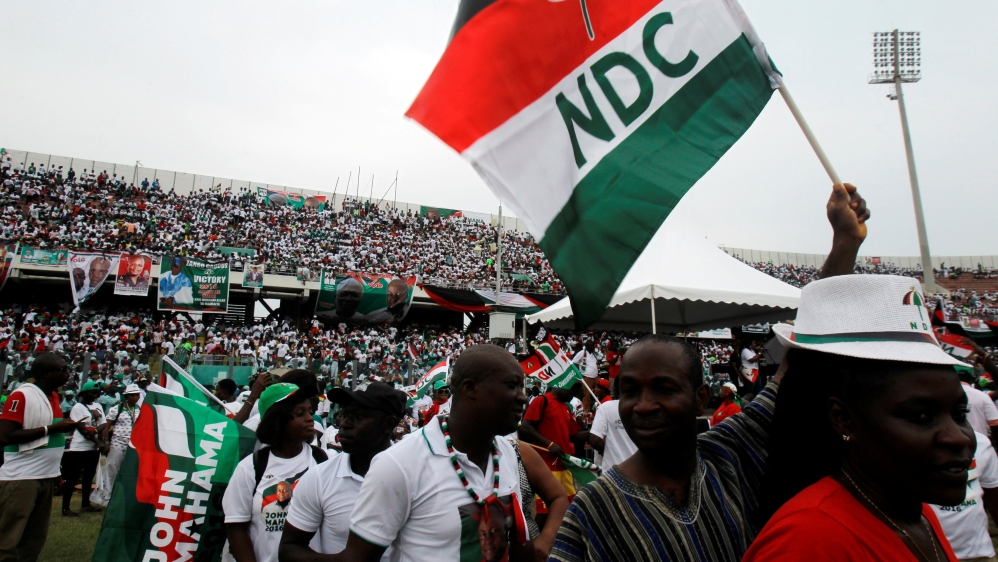The World Bank Group has indicated that it cannot comment on the anti- LGBTQ+ bill passed by parliament and awaiting presidential assent.
This was contained in an email response to questions from JoyBusiness.
The email was sent after the Finance Ministry advised President Akufo-Addo not to assent to the bill else Ghana could lose about $300 million in funding from the World Bank.
“The bill has not yet been signed into Law. We generally do not comment on Bills. The World Bank Group has a longstanding and productive relationship with Ghana”, it said.
The World Bank is the second Bretton Woods Institution that has deferred comments on the current debate on the bill and its implications on Ghana’s economy.
The World Bank had previously issued a statement warning about a possible impact on Ghana if the president goes ahead to institute laws that discriminate against a person’s sexuality.
In 2023, the World Bank Group in a statement warned Uganda, that it is highly concerned about the enactment of a 2023 Anti-Homosexuality Act.
IMF on Ghana’s anti-LGBTQI+ Bill
The International Monetary Fund (IMF) in a similar email to JoyBusiness also declined to comment on the bill.
According to the IMF, it is yet to also undertake an economic and financial assessment of the law in the country.
“Our internal policies prohibit discrimination based on personal characteristics, including but not limited to gender, gender expression, or sexual orientation. Like institutions, diverse and inclusive economies flourish”, the IMF said in an email.
Ministry of Finance’s fears
The Finance Ministry in a circular to the Presidency expressed concerns that the country could face serious financial challenges if the president goes ahead to assent to the bill.
The ministry warned that Ghana could lose more than $3 billion in funding from the World Bank for various programmes and projects.
Assessing the impact of the bill on the economy, the Ministry said that while there is no direct conditionality in the IMF-ECF Programme relating to the passage of the bill, “the principles of the current IMF programme are built on predictable financing from Development Partners including the World Bank”.



















